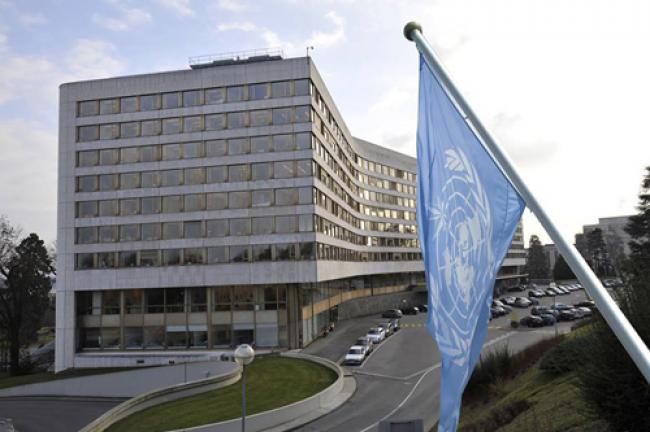“We must look for transformative solutions that expand the boundaries of opportunity for people while respecting the boundaries of our planet,” Mr. Ban said at a special session of the UN Conference on Trade and Development (UNCTAD).
Mr. Ban noted that the UNCTAD milestone was being observed at a significant time in development planning, as the world strived to achieve the Millennium Development Goals by their deadline of 2015 and to create a new agenda for sustainable development after that date.
An organ of the UN General Assembly, UNCTAD was convened in Geneva in 1964 to address inequalities in a global trading system that left newly independent nations and those of the global South at a disadvantage to the rich, industrialized countries.
Conceived as a negotiating platform and policy shop that gave a “voice to the voiceless,” UNCTAD went on to identify practical outcomes based on multilateral consensus in areas such as commodities, investment, debt and finance, technology transfer, customs and shipping, entrepreneurship and the green economy.
Reviewing advances of the past decades, Mr. Ban said, “Some developing countries have emerged to become economic powerhouses and global players. Hundreds of millions have been lifted out of extreme poverty. There has been progress along a range of socioeconomic fronts.”
Noting that much difficult work, however, lies ahead, he stressed that the complexity of the tasks required greater international cooperation: “We need to pursue this transformative agenda in an increasingly interconnected world,” he said.
“Problems and challenges cross borders and policy disciplines with a tremendous speed and ease. We face the threats of environmental degradation. We also face dangers from conflict, food and energy crises and deadly diseases,” he said. “UNCTAD will continue to play an important role,” he affirmed.
Mr. Ban welcomed the broadened focus of UNCTAD from the trade issues of 1964 “to embrace a bigger, and more complex, set of questions.
“Your work has evolved from North-South relations and problems to today's greater emphasis on interdependence between countries and between economic sectors,” he said. That emphasis would be crucial in facing all current and upcoming challenges, he stressed. “If we are to succeed in our quest for sustainable development, we will have to strengthen multilateral cooperation and global partnerships.”
In his remarks, UNCTAD Secretary-General Mukhisa Kituyi also stressed the watershed moment that the anniversary represents, “UNCTAD’s fiftieth anniversary falls at a time when the global economy needs rebalancing and its governance structure redefining,” he said.
“This year – 2014 – marks an important moment in the multilateral system and offers the international community the chance to reflect on its origins and on our collective accomplishments,” he added.
To encourage such reflection, a five-day programme of events kicks off today that includes the participation of veteran trade negotiators from UNCTAD I in 1964 and global thought leaders on trade and development questions, as well as high-level diplomatic, civil society and private sector representation.
UNCTAD Headquarters in Geneva. Photo: UNCTAD
